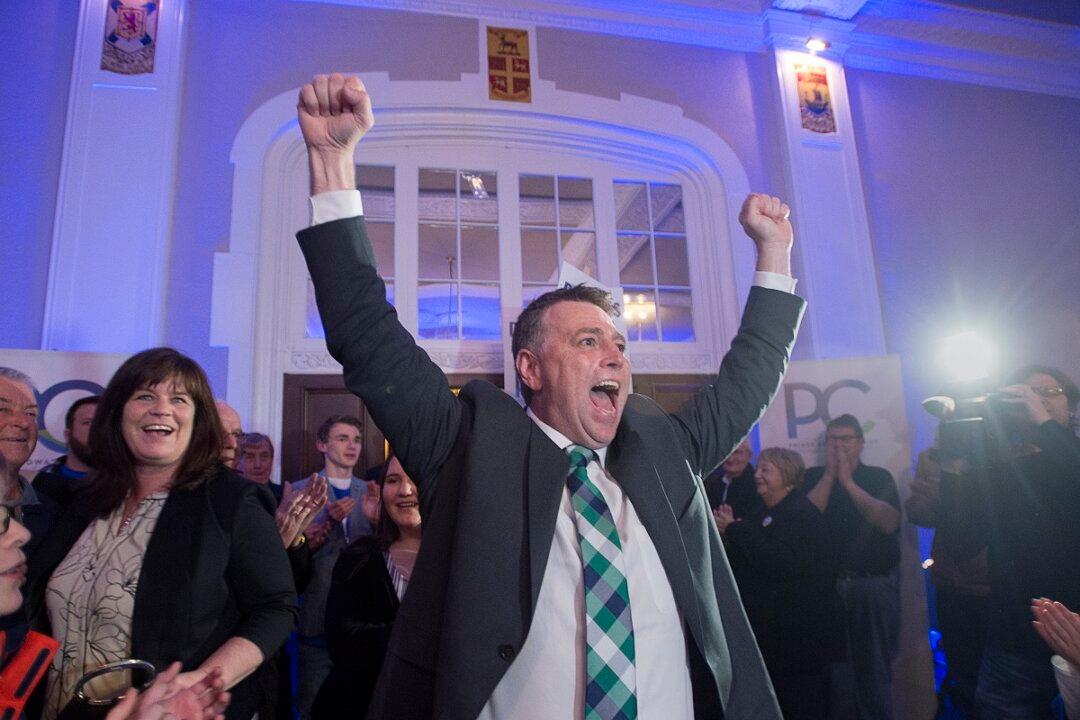Prince Edward Island residents will go to the polls on April 3, thanks to an early election call Monday from Progressive Conservative Premier Dennis King.
King told supporters at a nomination meeting in his riding north of Charlottetown that he had visited Lt.-Gov. Antoinette Perry earlier in the day to dissolve the legislature — six months ahead of the province’s fixed election date.





